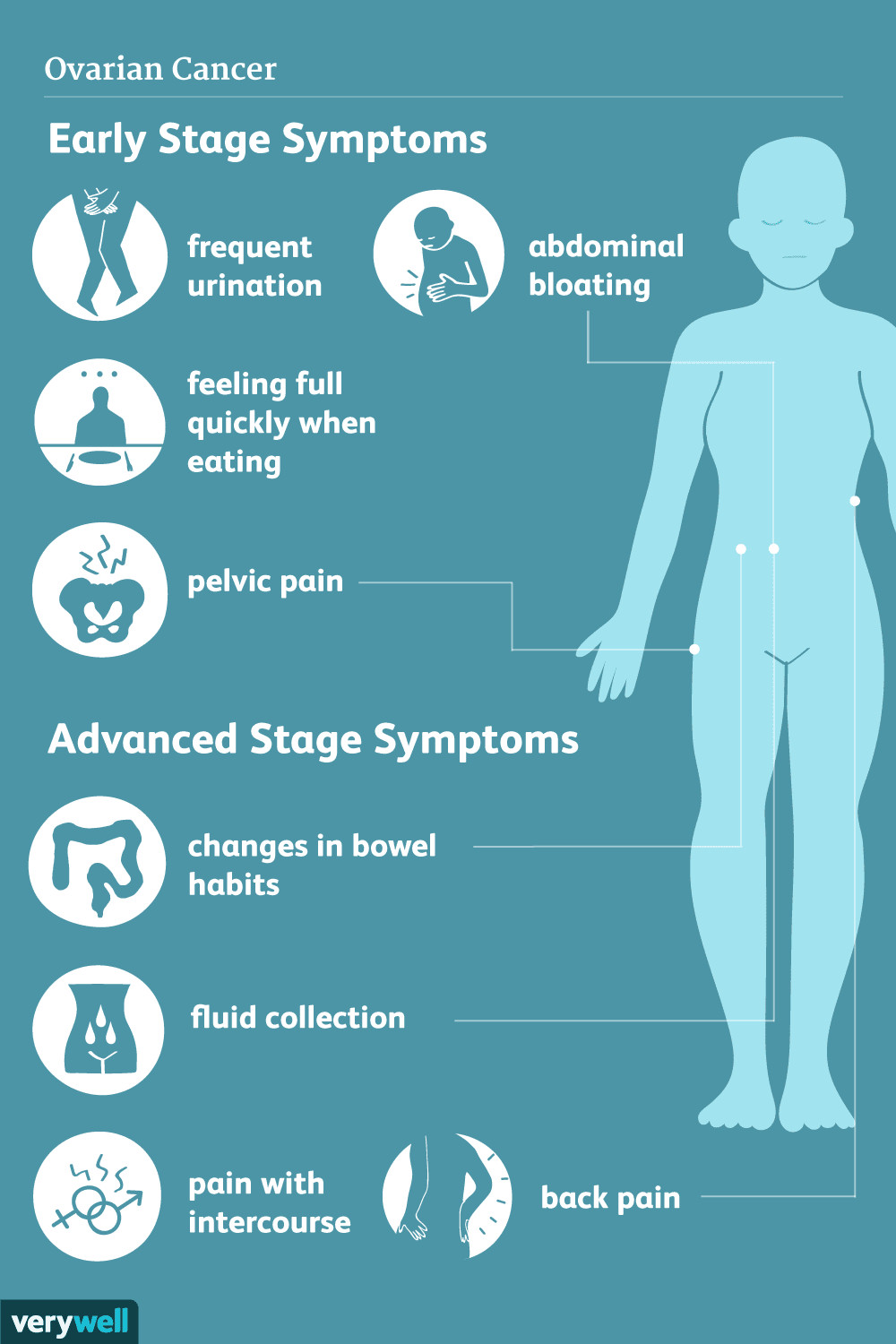Urgent Nationwide Recall: 167,000 Pounds of Ground Beef Contaminated with E. coli
The U.S. Department of Agriculture’s Food Safety and Inspection Service (FSIS) issued an urgent recall for approximately 167,277 pounds of ground beef products distributed nationwide. The recall, initiated by Wolverine Packing Co. in Detroit, Michigan, stems from potential E. coli O157:H7 contamination. This potentially deadly bacterium is causing concern amongst health officials and consumers alike.
The Source of the Contamination: Wolverine Packing Co.
The contamination was discovered after the Minnesota Department of Agriculture (MDA) reported a cluster of illnesses linked to ground beef produced by Wolverine Packing Co. Fifteen individuals in Minnesota fell ill between November 2nd and 10th, exhibiting symptoms consistent with E. coli infection, including severe stomach cramps, diarrhea, and fever. Subsequent testing confirmed the presence of E. coli O157:H7 in a sample of the ground beef.
Tracing the Contaminated Beef
The recalled products consist of both fresh and frozen ground beef. Fresh products have a “use by” date of November 14th, while frozen products bear a production date of October 22nd. All affected products display the establishment number “EST. 2574B” within the USDA mark of inspection. Crucially, the recalled ground beef was distributed to restaurants nationwide, raising concerns about the potential for widespread contamination.
The Dangers of E. coli O157:H7
E. coli O157:H7 is a particularly dangerous strain of bacteria. While most people recover from E. coli infection within a week, some individuals, especially young children and the elderly, can develop hemolytic uremic syndrome (HUS). HUS is a type of kidney failure that can be life-threatening. Symptoms of HUS include easy bruising, pallor, and decreased urine output. Anyone experiencing these symptoms should seek immediate medical attention.
Symptoms and Treatment
The symptoms of E. coli infection typically appear three to four days after consuming contaminated food. These symptoms include severe stomach cramps, diarrhea (often bloody), fever, and vomiting. While most recover without treatment, it's crucial to consult a doctor if symptoms persist or worsen.
What to Do if You Have Recalled Beef
Restaurants that received shipments of the recalled ground beef are urged to immediately remove the product from their freezers and refrigerators and either discard it or return it to Wolverine Packing Co. Consumers who suspect they may have consumed the recalled beef and are experiencing symptoms should seek immediate medical attention. Those who have the recalled product in their possession should discard it immediately. Do not consume any ground beef with those specific labels.
The Ongoing Investigation and Prevention Measures
The FSIS is actively collaborating with state health officials to fully investigate the extent of the contamination and prevent further illnesses. This collaboration underscores the importance of swift action in addressing food safety issues. The agency's recommendations for consumers and restaurants are clear: to avoid consuming potentially contaminated products and to strictly adhere to safe food handling practices to avoid any bacterial contamination in future.
A Call to Action: Safe Food Handling Practices
The E. coli O157:H7 outbreak serves as a stark reminder of the importance of safe food handling practices. Thorough cooking of ground beef to an internal temperature of 160°F is crucial to eliminate harmful bacteria. Using a food thermometer to verify the internal temperature is a key step towards ensuring food safety. Prompt refrigeration and proper hygiene practices are critical steps to prevent foodborne illnesses. Remember to always wash your hands thoroughly after handling raw meat.
The recall highlights the need for improved food safety practices across the supply chain and emphasizes the importance of consumers being vigilant about what they consume. Staying informed about food recalls and practicing diligent food safety measures are pivotal steps to protecting your health and well-being. The FSIS provides detailed information about this recall and related food safety recommendations on their official website. Remember, your health is your responsibility; be informed, be safe.

















